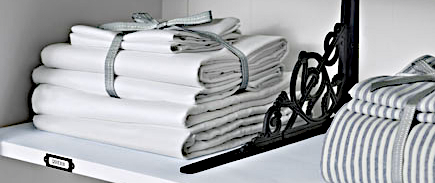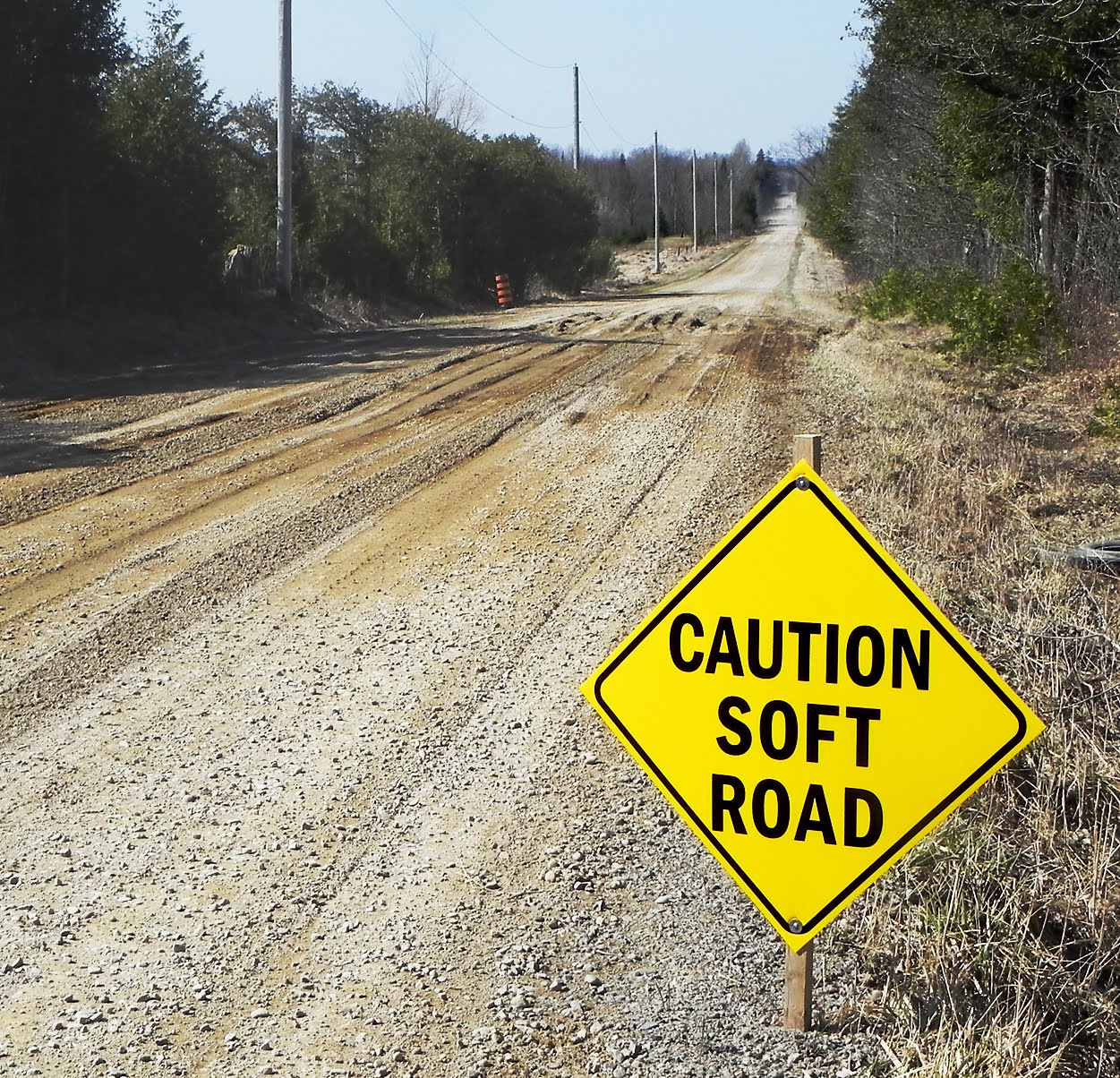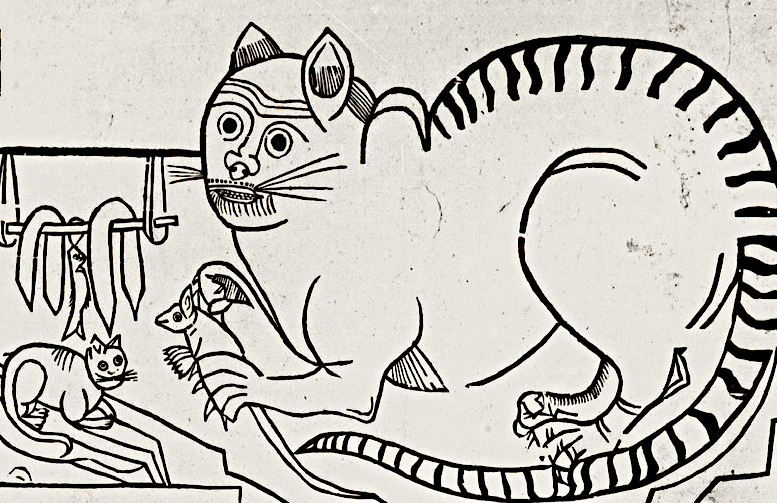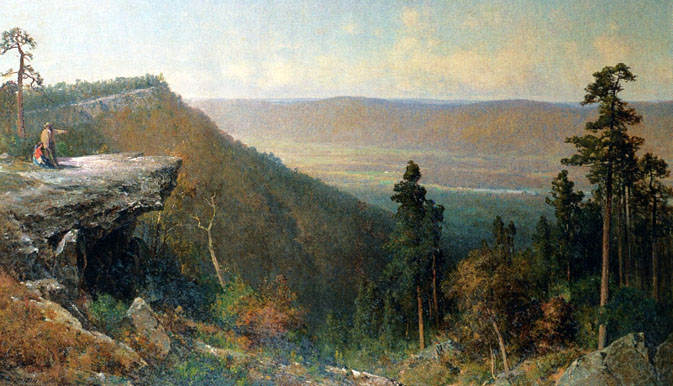
CLOSET
I’m not divorced yet, just separated. My husband lives in a condo in Queens, where his father died of pancreatic cancer in a hospital bed set up there. My husband deserves to be in that condo. He gave me a coffee table from the condo, but I put it in the lobby with a sign saying SLIP $40 UNDER THE DOOR OF 3E. Within the hour it was gone and even though I could have used the money, I was glad. My husband’s father used to lock him in the coat closet with his plate if he didn’t finish his dinner. He’d sit in the dark, trying to swallow the tough little shavings of deer meat in their sugo, an oily slick of meat juice. I don’t think he cried. I think he smelled bleach from the stacks of tightly folded sheets and heard his mother lift his brother from the high chair, the TV news, the water running for his bath. My husband was a vegetarian on purpose, as if that fact gave him a reason to recount the closet punishment. That’s why I can’t deal with meat, he used to say. Now I know why he brought me to dungeons where people have sex against dirty walls.

GRAVEL RIDING
Every time I ride my bike I count the animals that cross my path: deer, rabbits, hawks. I see goldenrod in the morning sun; it snaps me back from the clothes I choose to wear and the words I recite to those who’ve wronged me. In the dappled light, I go blind in split seconds. I like to tear it up. They call it gravel shredding. My death flies away when I shred gravel and it comes back on the road. The gravel was newly laid the other day and the pebbles popped up and pinged the spokes of my back wheel. Velocity is my friend when I’m afraid of falling.
This morning I was watching out for an omen as I rode. I looked up into the late morning sky and saw a hawk winging it. That didn’t count — too far out of my range of influence. After Pumpkin Hill, there’s a swamp. I saw a toad jump off his branch into the water. That was the omen.
Omens are rarely on the roads. When I’m riding on Rodman, the trees look like letters with red postage stamps stuck on them. The stamps tell me not to trespass, not to fish, not to hunt. When I am dying, I will think about the ferns glowing. I guess it doesn’t matter if no one else is there.

MOUSE AND CAT BALLS
A mouse bleating, tossed up. Pleading. This time it was a full-grown mouse, knowing it was going to die. I let my feral cat kill it because I knew it would die anyway. When I bent down to scoop it up, it turned onto its side, so I left it there to die for a while on the kilim, letting it know that it was dying and letting it die beyond pain. Then I noticed the dead baby mouse by the front door, on the mat next to my clogs. I scooped it up without hesitation. That morning the fog lifted and settled into the sky. The meadow was wet and the air still.
I spoke on the phone. He said, “And you’ll ride your bike, right? That way, when you talk to people and they ask what you’ve been up to, you can say, ‘I’ve been riding my bike.’” I understood. Doing things is the expectation. I said, “I’m going to Urgent Care. I have a UTI.” He said, “No more sex.” What were we going to do?
My feral cat’s balls seem swollen, pushing his legs apart. He cries a lot. I have to take him to get neutered. They make a little incision around his balls and pull them out and snip them off and close up the little wound. I’m watching him closely now, so I know how much he’ll change. I wonder if he’ll kill as much — or if he’ll stop rubbing his balls against my arm. It’s strange to live with a creature I owe nothing to. I don’t have to waver, to use the word priority, to worry about the next morning.

BOYFRIEND
I gave myself to him. It was the third time I drove up his driveway in a week. As my pickup bumped over the pits, I let out grunts and smiled at myself. The first time I ever turned up the driveway in my pickup, I went way beyond his house to the hill above where there was a cabin and a bench that looked over the river. Right then it was where I wanted to be for the rest of my life.
When he took me to see the cabin on the second time, I begged him to give it to me, told him I wanted it, that I belonged there. He said his mother had it built in the early 50s as the place she’d go to sew and think, even though everyone afterwards thought it was for his brothers when they went hunting or gave parties, where they’d break the windows and piss outside so it smelled like piss all around the fallen leaves and the little steps leading up to the front door. I sat on the single bed and he sat on an old wooden chair. I stared out the small square cabin windows to the river and the mountains and back to him, with his round black-framed glasses and Irish gnome face and small body like a boy grown up without growing man-like. He told me about his older brother, a retired fireman, who came up from Florida every summer to stay in the cabin. He told me stories about his childhood as a scrawny guy hanging out at the Boys and Girls club and playing basketball with the black kids from reform school and I said, “Do you ever listen?” He smiled and his wrinkles became shadows, his teeth tiny and square. He said, “No. But I’ll try.” And I stood up and stretched and pointed at the old blackened milk pot and the high school banner over the wood stove and the wide floor planks burnished in the sunset light. “I love this house,” I said.
And this was the third time. We got high. He told me more stories, sometimes pumping his elbows in a little arm dance.
The puppy was in his cage when I opened the door of his house. He let the puppy out and we sat on the same top plank of the stoop, looking out into his yard. I placed my cigarette pack and phone on the plank below me and let the puppy nip at my belt buckle and the cigarette pack. When he started on my phone, I stood up. My anklebones stuck out so the puppy bit those too. He grabbed the dog and stuck him back in his cage and said, “Want to know how I got him?” He told me he found him by the railroad tracks on the outcrop jutting into the river. The jet black puppy had been no bigger than his fist — he could hardly raise his head. So he took him home. I knew that outcrop. It was where I ran to sometimes when I was pissed off. I wanted the puppy almost as much as I wanted the cabin. I wanted to wake up on his bed because the puppy was biting my toes, and because I wanted to know that beyond the bedroom wall he had grown tall, like a man.
Everyday, things change. And this was the third time. We got high. He told me more stories, sometimes pumping his elbows in a little arm dance. I hate couches, so I moved around a lot, bumping into the coffee table and the puppy’s cage. I said, “Sometimes I’m so clumsy.” He told me he knew that already. We walked to the outcrop where he had found his puppy and listened to the brass band across the river. He pointed out the barge emerging from the north, and the rosy grey clouds moving in. The river was thick and shiny, like mercury mixed with algae slime. I was loving him in spikes of love that lasted seconds. I knew he was too. Nothing happened.
Now there are no times. Things just happen: a futon couch disassembled on Cross Street, ducking into a waterfall pool, the drive-in, dirty pictures of me. We didn’t even kiss until he said, in a noisy pub over steak and waffle fries, “Why haven’t you ever kissed me?” That was the beginning of the end.

Hudson River Valley from the Catskill Mountain House: 1872 — by Thomas Hill.

MARIANNE ROSSANT is an educator, former founder and principal of a charter school, cookbook author and private chef. She lives in Hudson, New York.

Comments
these are beautiful and, yes,
These are beautiful and, yes, go deeper.
Add new comment